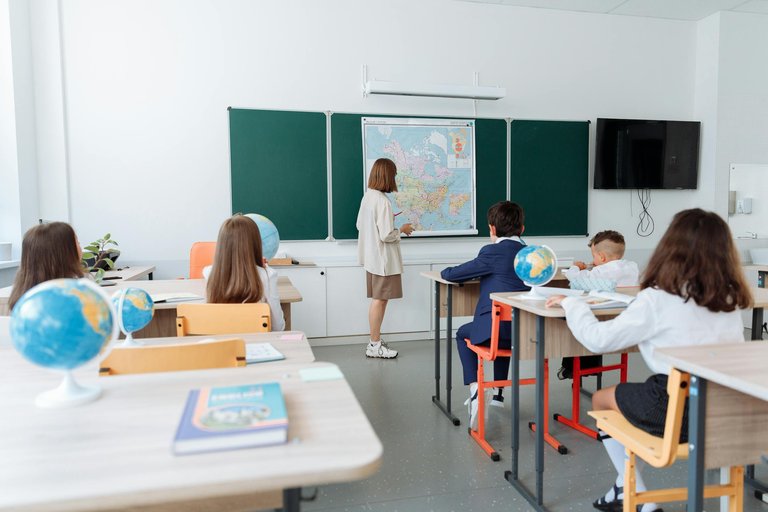Roles of teachers in shaping students future and successes.
Firstly, it is essential to acknowledge the responsibilities that educators bear. Teachers are tasked with imparting knowledge, fostering critical thinking, and nurturing the intellectual and emotional growth of their students. They design lesson plans, create engaging learning environments, and assess student progress. A good teacher can inspire students, ignite their curiosity, and motivate them to strive for excellence. However, the effectiveness of teaching is not solely dependent on the teacher's abilities. Factors such as class size, available resources, and institutional support play a crucial role in shaping the learning experience.

Moreover, students themselves bear a significant responsibility for their academic performance. Learning is a two-way street; while teachers provide guidance and instruction, students must actively engage with the material, complete assignments, and seek help when needed. Motivation, self-discipline, and a willingness to learn are vital traits that students must cultivate. Additionally, external factors such as home environment, socio-economic status, and personal challenges can greatly impact a student's ability to perform well in school. For instance, a student facing difficulties at home may struggle to concentrate in class, regardless of the quality of teaching.
Parental involvement is another critical component of a student's educational journey. Parents who actively participate in their child's education—by helping with homework, attending school events, and communicating with teachers—can significantly influence their child's academic success. Conversely, a lack of support at home can hinder a student's progress, placing additional pressure on teachers to compensate for the gaps in learning. This highlights the importance of a collaborative approach to education, where teachers, parents, and students work together toward common goals.
Furthermore, the educational system itself can play a role in student performance. Policies regarding curriculum standards, assessment methods, and teacher training can either enhance or impede the quality of education. For example, standardised testing can create a high-pressure environment that may not accurately reflect a student's abilities or learning style. Schools that prioritise rote memorisation over critical thinking and creativity may stifle students' natural curiosity and enthusiasm for learning.
In considering how to address the issue of student performance, it is crucial to adopt a holistic perspective that recognises the interplay of various factors. Rather than placing blame solely on teachers, it is more productive to focus on creating an environment that supports both teaching and learning. This could involve providing teachers with professional development opportunities, ensuring adequate resources and support, and fostering open communication between educators, students, and parents.
Ultimately, the goal should be to cultivate a culture of learning where all parties are invested in the success of students. By acknowledging the shared responsibilities of teachers, students, and parents, we can create a more balanced and effective educational system. It is essential to recognise that while teachers play a vital role in shaping the leaders of tomorrow, the responsibility for academic success is a collective one that requires collaboration and commitment from everyone involved.
In conclusion, while teachers undoubtedly influence student performance, it is essential to consider the broader context in which education takes place. By fostering a supportive and collaborative environment, we can empower students to take charge of their learning and achieve their full potential. Rather than assigning blame, we should focus on solutions that enhance the educational experience for all students, teachers, and families alike.
Posted Using InLeo Alpha

Hello.
There is reasonable evidence that this article is machine-generated.
We would appreciate it if you could avoid publishing AI-generated content (full or partial texts, art, etc.).
Thank you.
Guide: AI-Generated Content = Not Original Content
If you believe this comment is in error, please contact us in #appeals in Discord.
This is not AI generated
Re-worded chat GPT prompt.